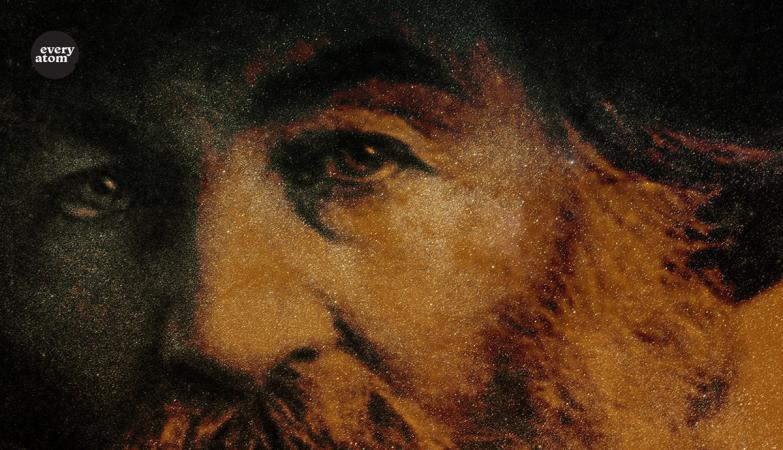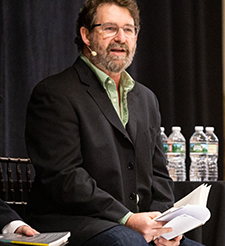An Introduction

Dear Sir—I am not blind to the worth of the wonderful gift of “Leaves of Grass.” I find it the most extraordinary piece of wit and wisdom that America has yet contributed…. I greet you at the beginning of a great career….
—Ralph Waldo Emerson
You speak of Mr. Whitman—I never read his book—but was told that he was disgraceful—
—Emily Dickinson
After Walt Whitman, who could even think about writing poetry?
—Pablo Neruda
Two hundred years after Walt Whitman’s birth, how do we grapple with the complexities of his legacy? The vision for these United States that Whitman offers in the many iterations of his book is both idealistic and naïve, if not an obfuscation of his previous flirtation with nativist politics and outright racist commentary.
Yet Whitman also reaches us as the ultimate outsider, a rebel, a significant innovator, a showman and a self-made man, one of the roughs, flaneur, the self-fashioned Good Gray Poet, and the poet who insists that the slave is equal to the man who enslaves.
We struggle with Whitman continually, and our grip on him shifts, just as our grip on our individual and national identities shifts. Our nation, like Whitman, is a great contradiction—a place of hope, yet a place of failure to provide the most basic services like health care and clean drinking water to all of our citizens; a place that holds up the rule of law as its guiding principle, yet a place of obvious quotidian injustice. If “The United States themselves are essentially the greatest poem,” as Whitman asserts early in his Preface to the 1855 Leaves of Grass, then the greatest poem is both a dirty mess and a surviving promise for the possibility of renewal, justice, and reconciliation.
Over the next 200 days, you will hear in this project from 200 poets, writers, artists, critics, scholars, songwriters, leaders, journalists, public figures, and citizens. Each of the respondents will select a word, a line, a passage from that opening section of the 1855 Leaves of Grass that later Whitman would entitle “Song of Myself,” and each will offer a brief annotation. The great American poet and Whitman expert Martín Espada will begin with the first annotation on Day 1; and Ed Folsom, pre-eminent Whitman scholar, editor of the Walt Whitman Quarterly Review, and co-director of the Walt Whitman Archive, will close us out with the final annotation on Day 200.
We call these responses “annotations”—and some of them do follow the conventions of the classic academic annotation—but you also will find poems, micro-memoirs, arguments, and brief essays; you will find celebrations of Whitman, laments for his failings, and rejections of him; you will find praise for his innovations and acknowledgment of his debts to other authors, other traditions.
In short, we hope you will find in these posts and in the culminating interactive experience at the North American Review site, the kosmos—complex and contradictory—that constitutes much of our national literary home, every atom belonging to one as good to another.
Recommended
Nor’easter
Post-Op Appointment With My Father
Cedar Valley Youth Poet Laureate | Fall 2024 Workshop






